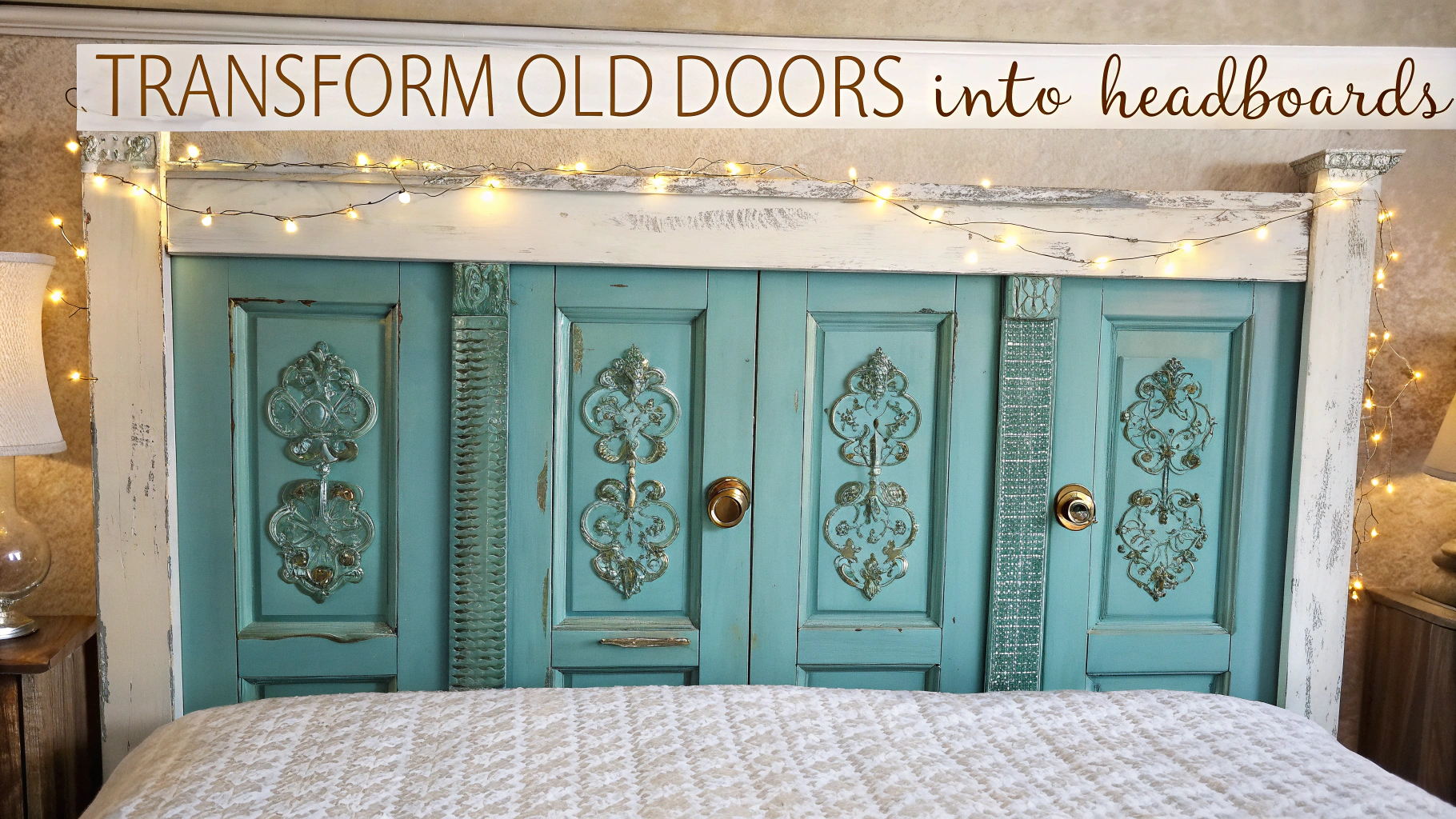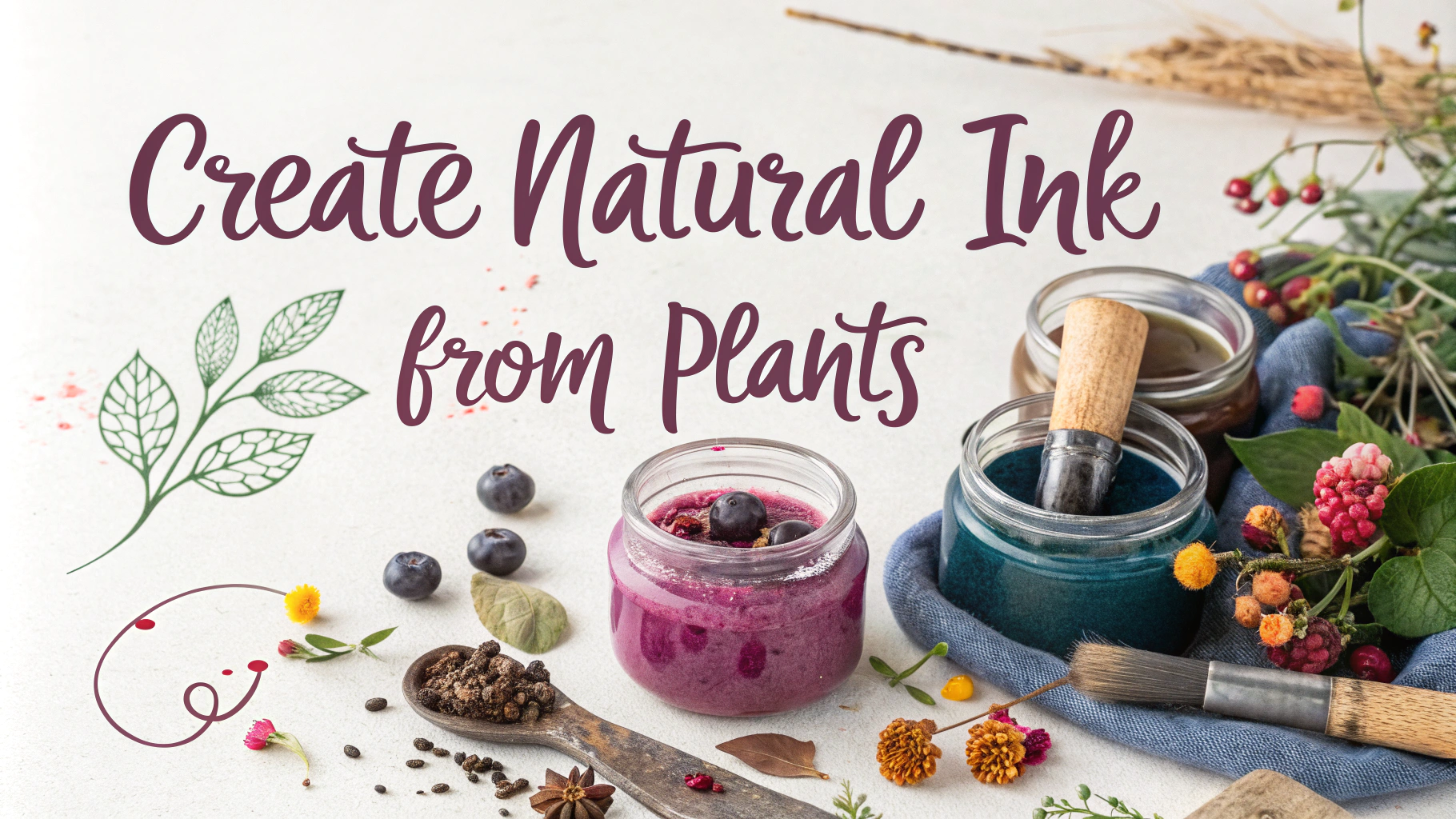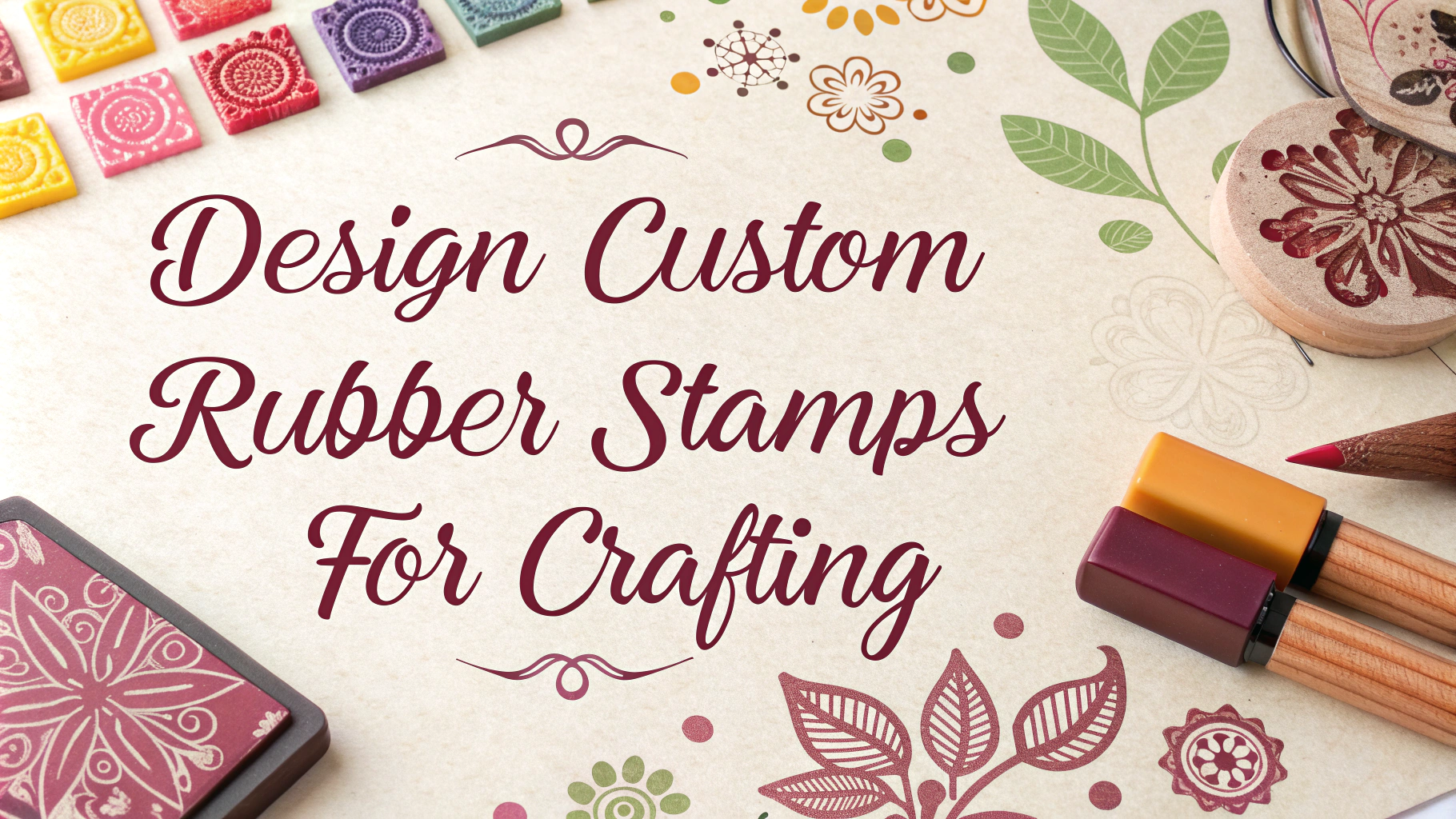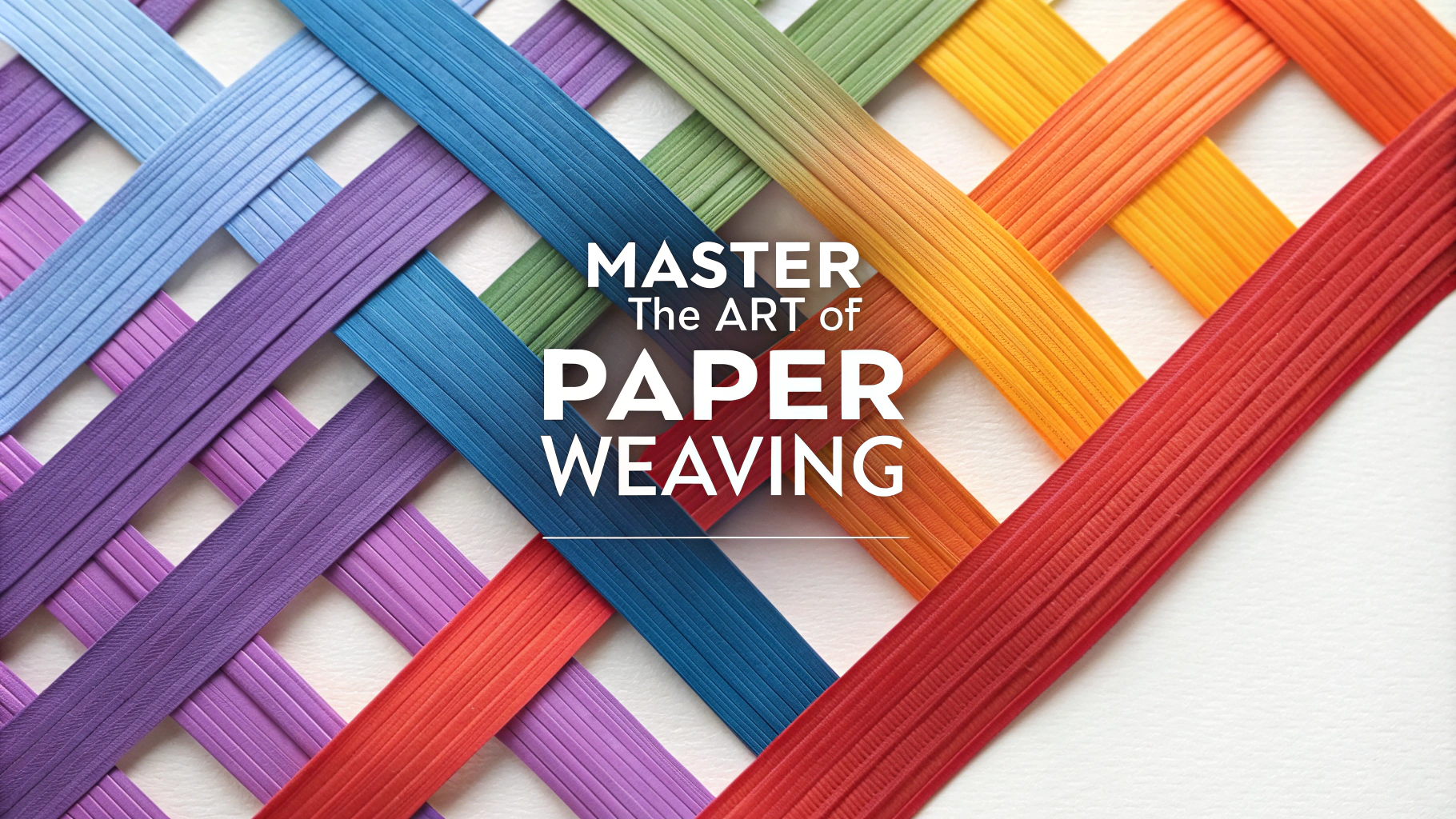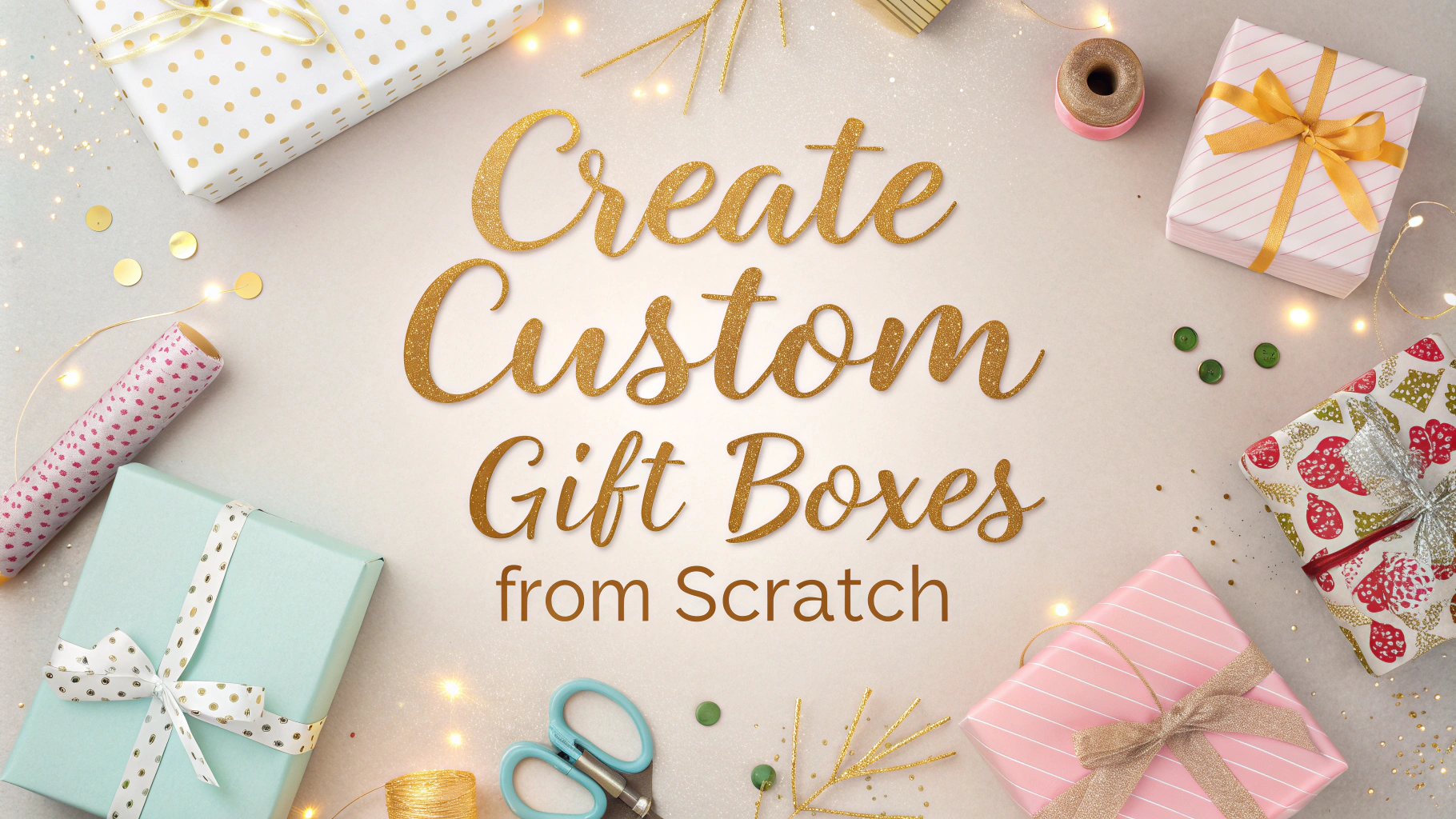Transform everyday waste into stunning home decor with this practical guide to zero-waste decorating.
Quick Material Guide
- Glass jars → Vases, candle holders, storage
- Cardboard → Wall art, organizational boxes
- Old fabric → Throw pillows, wall hangings
- Wine bottles → Light fixtures, plant propagation stations
- Wood scraps → Floating shelves, picture frames
Easy Starter Projects
Glass Jar Luminaries
- Clean jars thoroughly with soap and water
- Paint exterior with frosted glass paint
- Add twine or rope wrapping for texture
- Place LED tea lights inside for safe lighting
Cardboard Wall Art
- Cut cardboard into geometric shapes
- Paint with metallic or matte colors
- Arrange in pattern on backing board
- Seal with clear protective spray
Advanced Upcycling Ideas
Transform old wooden pallets into rustic coffee tables with these steps:
- Sand thoroughly to remove splinters
- Apply wood stain or paint
- Add wheels for mobility
- Seal with eco-friendly polyurethane
Sourcing Materials
- Local Sources: Facebook Marketplace, Craigslist, Freecycle
- Community Groups: Buy Nothing groups, local craft exchanges
- Business Partners: Coffee shops (for burlap bags), wine stores (bottles)
Safety Tips
- Always clean materials thoroughly before use
- Check for sharp edges or splinters
- Use non-toxic paints and sealants
- Wear protective gear when cutting or sanding
Maintenance Guide
| Material | Cleaning Method | Maintenance Frequency |
|---|---|---|
| Glass | Vinegar solution | Monthly |
| Wood | Dust and oil | Quarterly |
| Fabric | Spot clean or wash | As needed |
Connect with local zero-waste communities through Instagram hashtags: #zerowastehome #upcycledecor #sustainablehome.
Find inspiration and additional project ideas on Pinterest boards dedicated to zero-waste living and upcycled home decor.
Project Planning Tips
- Start with small, manageable projects
- Create a dedicated workspace
- Collect materials before beginning
- Research techniques specific to your materials
- Document your process for future reference
Seasonal Decor Ideas
Spring/Summer
- Mason jar herb gardens
- Fabric bunting from old clothes
- Painted tin can planters
Fall/Winter
- Wine cork wreaths
- Sweater-covered vases
- Glass jar snow globes
Troubleshooting Common Issues
- Paint not adhering → Clean surface thoroughly, use primer
- Uneven cuts → Create templates, use sharp tools
- Color matching → Test on scrap pieces first
- Unstable structures → Reinforce joints, use proper supports
Building Your Skill Set
| Skill | Practice Project | Tools Needed |
|---|---|---|
| Basic Painting | Glass jars | Brushes, primers |
| Wood Working | Simple shelves | Saw, sandpaper |
| Fabric Work | Simple cushions | Scissors, needle, thread |
Conclusion
Zero-waste decorating offers a creative and environmentally conscious approach to home design. By transforming everyday items into unique decor pieces, you’ll develop new skills, reduce waste, and create a personally meaningful living space.
Remember to:
- Start with beginner-friendly projects
- Build your skills gradually
- Connect with like-minded creators
- Document and share your successes
- Keep safety and sustainability in mind
FAQs
- What items from my trash can be transformed into home decor?
Common items like glass jars, wine bottles, tin cans, wooden pallets, cardboard boxes, old textiles, newspaper, plastic containers, and bottle caps can all be transformed into decorative pieces. - How do I prepare recyclable items before upcycling them into decor?
Clean items thoroughly with soap and water, remove labels and adhesive residue, dry completely, and sanitize if necessary. For metals, sand off any rust, and for wood, sand surfaces smooth and check for nails or splinters. - What basic tools do I need to start creating zero-waste home decor?
Essential tools include scissors, craft knife, hot glue gun, sandpaper, basic paint supplies, screwdrivers, hammer, pliers, and eco-friendly paints or finishes. - How can I create zero-waste wall art?
Create wall art using pressed flowers from garden waste, woven textile scraps, painted tin can lids, arranged bottle caps, or collages from old magazines and newspapers. - What are some effective ways to seal or protect upcycled decor items?
Use natural beeswax, eco-friendly varnish, non-toxic sealants, or natural oils like linseed or tung oil to protect and preserve upcycled pieces. - How can I ensure my zero-waste decor matches my home’s aesthetic?
Paint or finish items in colors that complement your existing decor, maintain consistent styling across pieces, and focus on creating cohesive collections rather than scattered individual items. - What are the best zero-waste alternatives to conventional storage solutions?
Use glass jars for organizing, create baskets from newspaper or magazines, transform wooden crates into shelving, and repurpose tin cans for organizing tools or craft supplies. - How can I make my zero-waste decor projects more durable?
Reinforce joints and connections, use appropriate adhesives for different materials, apply multiple protective coats, and regularly maintain items to prevent wear and tear. - What materials should I avoid in zero-waste decor projects?
Avoid materials containing harmful chemicals, items with lead-based paint, treated woods that may contain toxins, and any materials showing signs of mold or severe deterioration. - How can I incorporate natural elements into zero-waste decor?
Use dried flowers and leaves, collected stones and shells, fallen branches for wall hangings, and composted materials for plant containers.



